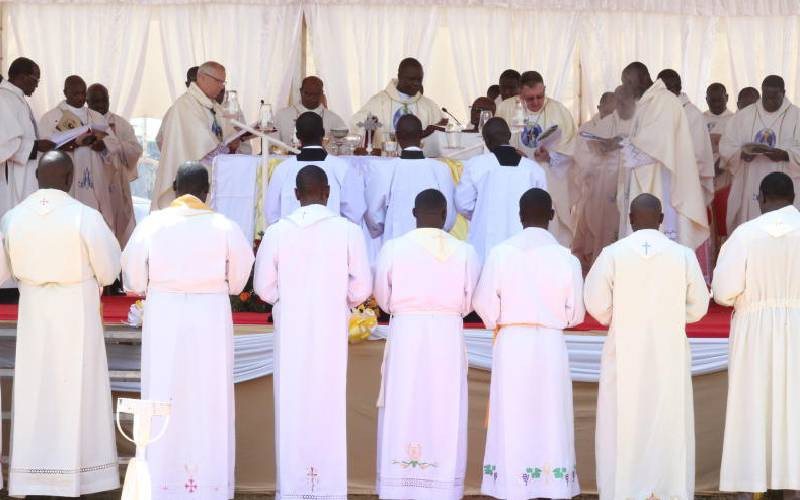×
The Standard e-Paper
Stay Informed, Even Offline

Last Thursday, I attended the burial of Dr Gershon Mwiti, an exceptional leader and a prominent member of the Methodist Church. He had known me since my childhood and always had powerful advice for me.
He often told me in no uncertain terms that, 'you can only slay the dragon of corruption through the sword of courage.' In a recent interview, Dr Mwiti proclaimed words that should resonate with every Kenyan of goodwill, "we must hate all that is evil, corrupt and damaging."